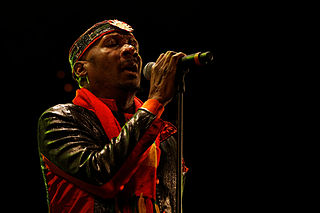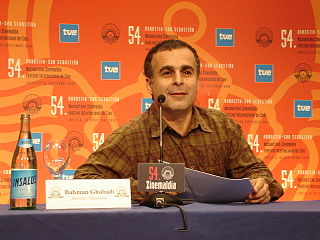A Quote by John Mackey
It's not Apple's fault that they're seeking to avoid paying taxes. They're not lying, cheating or stealing. They're following the rules that were created by governments. If the government doesn't like the rules, they can change them.
Related Quotes
We hated Bauhaus. It was a bad time in architecture. They just didn’t have any talent. All they had were rules. Even for knives and forks they created rules. Picasso would never have accepted rules. The house is like a machine? No! The mechanical is ugly. The rule is the worst thing. You just want to break it.
Under Ronald Reagan in the United States and Margaret Thatcher in the U.K., there was a rewriting of the basic rules of capitalism. These two governments changed the rules governing labour bargaining, weakening trade unions, and they weakened anti-trust enforcement, allowing more monopolies to be created.
This is the trouble with cheating: there are no acceptable rules, or laws. It could be a smile, or dancing to a song that you considered to be indefinably 'ours'. It can feel like cheating to go to a restaurant that you used to go to with someone else. Keeping photographs of exes can infuriate, like retrospective cheating.
Lying and corruption are in the Iranian society in all sense of the world, and if you do research about married women, you see that a lot of them tell you they get a lot of enjoyment from breaking the rules of corruption, because just for the fact that they break the rules, it makes them oppose the system.
Many of our students want to do what they have done and that has made them successful thus far in their lives: play by the rules, and do what is expected. But as much social science research and writing by Malcolm Gladwell, among others, make clear, the rules are mostly created by those already in power so obtaining power often entails standing out and breaking rules and social conventions.


































